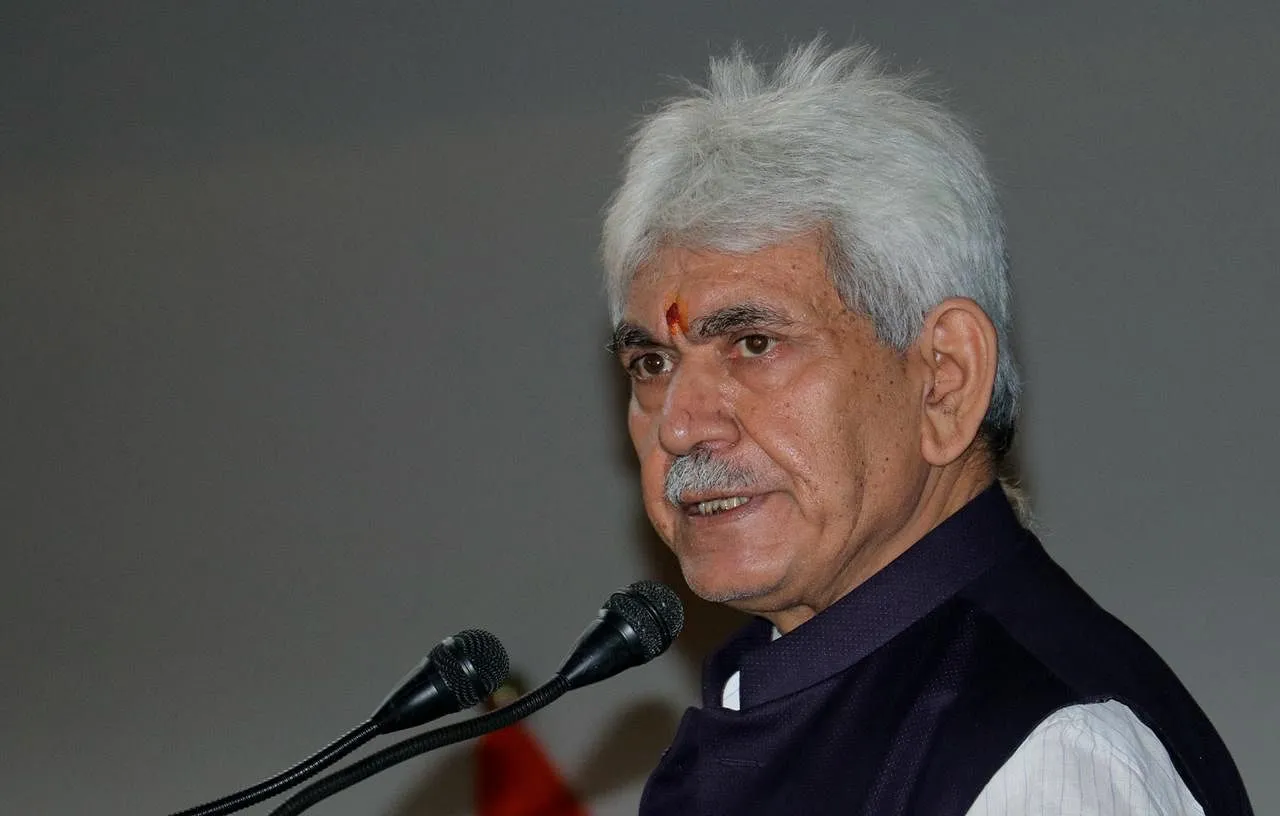After Lieutenant Governor’s administration accorded sanction to the litigation reforms, the Law Department has assigned roles and responsibilities to the government counsels handing government litigations in courts and tribunals.
The Administrative Council headed by Lieutenant Governor Manoj Sinha has accorded approval to the introduction of litigation reforms to reduce pendency of the cases in the courts and tribunals across Jammu and Kashmir and to fix accountability of Law Officers, Government Counsels, Advocates on Record and others.
Officials said that the government and its other agencies were the major litigants in the courts and the aim of the litigation reforms was to reduce the pendency of the cases in the courts so that the court may get more time for the other pending cases.
After the approval of the Administrative Council, the Law department has cautioned its counsels that if any counsel is found to have made any commitment before the court without consulting the Administrative departments or the Law department, it may result in their disengagement.
“Counsels shall not give any assurance before the court without consulting the Administrative department and if in any case is found where any government counsel has made any commitment before the court without consulting the Administrative department or the Law department, the matter will be immediately reported by OIC and Law Officer and the serious action against the government counsels would follow, which even may entail their disengagement,” reads an order issued by Law Secretary Anchal Sethi.
“The government counsels will be prompt in drafting of objections, affidavits and LPAs and the statement of facts on receipt of factual note from the department. Since drafting is the backbone of the litigation, the drafting of pleadings should be in compliance with the settled norms and taking into consideration the recent developments of law,” the order reads.
It said that the government counsels, as far as possible, should file consolidated reply after receiving inputs from all concerned departments.
The reply should be filed by the main contesting department on behalf of all the official respondents, the order reads.
It says that the government counsels should not resort to unnecessary adjournments.
“In extreme cases, if instructions are required to be received from the concerned departments, the government counsels should contact the Head of Department, OIC or Law Officers as the case may be. The same procedure should be followed in appellate courts also. Adjournments should not become a routine course,” the order reads. “lt has been observed that most of the cases are not being disposed of on merit. The cases are being disposed of with the consent of the government counsel with the direction to consider the claim under the rules. This practice needs to be discontinued forthwith, as it often leads to endless litigation.”
The order states that the government counsels should appear in the court with adequate preparation. “The government counsel should inform the OIC or Law Officer regarding any direction or order of the court on a daily basis. They should apply for the copy of the order promptly on the same day or latest by the next working day,” the order reads. “The government counsels should on the date of receipt of the order or judgment forward it to the Department of Law, Justice and Parliamentary Affairs and to the concerned department. The government counsels whether at the High Court-level or subordinate courts should discharge their obligation with the sense of responsibility towards the court as well as to the government as they are a bridge between the government and the court.”






